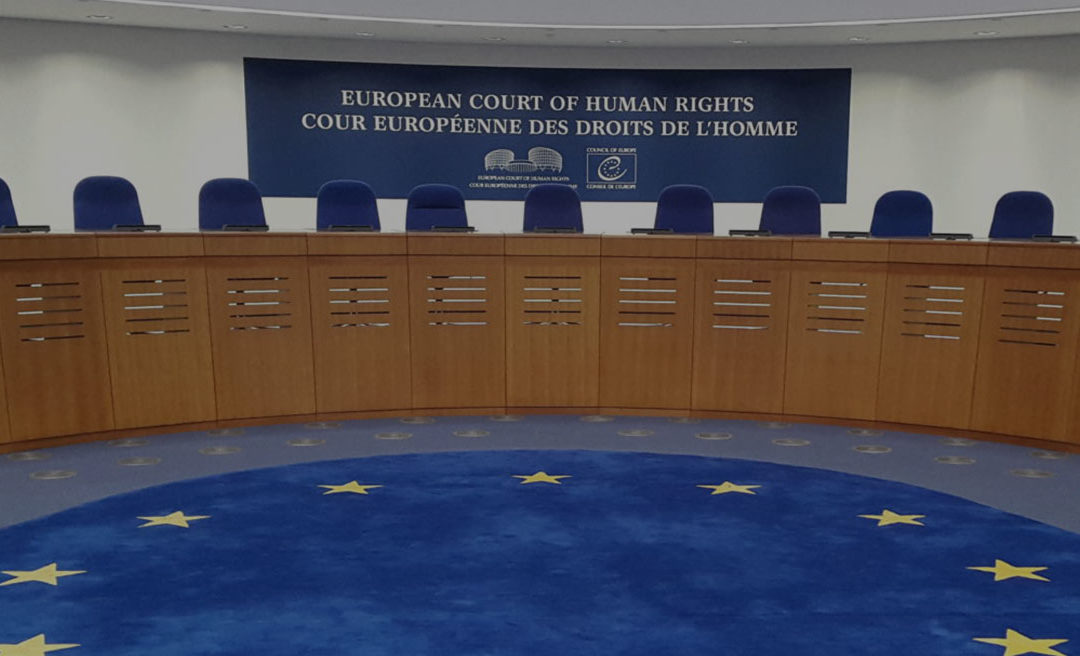The European Court of Human Rights lambasted the Maltese courts in a decision published last week whereby it held that the delay by the Constitutional Court in expediting constitutional redress proceedings which were instituted in 2016 meant that the fundamental rights for an effective remedy to Mr. Michael Galea and Mr. Edward Pavia – who had been convicted for 16 years – were infringed.
Embodying the principle of ‘justice delayed is justice denied’, the Strasbourg Court held that the applicants had suffered a violation of their rights curtailed by Article 6(1) of the European Convention of Human Rights when they were made to wait for a further seventeen years to redress the excessive delays that they had suffered, a wait which was not justified as the EctHR observed the legal issues at stake were not complex. Whilst declaring a breach of Article 6(1) of the European Convention, the European Court ordered the State of Malta to pay the applicants the sum of €17,000 each by way of non-pecuniary damages.
Justice delayed: criminal proceedings in Malta
Both applicants were the subject of a criminal prosecution way back in 1983 regarding charges filed against them of having falsely declared documents aimed at public authorities, usurped their position to facilitate evasion of customs duties and partaking in the illegal importation of goods into Malta.
On December 1st 1994 the Court of Magistrates sentenced both applicants to two years’ imprisonment suspended for four years, which decision was then reversed in part by the Court of Criminal Appeal on the 5th of October 1998 with a reduction of the term for the suspended sentence.
Justice denied: constitutional redress proceedings
Merely a year later the applicants filed a constitutional action in which they justified their grievances on the basis of Article6 of the Convention and Article 39 of the Constitution of Malta, namely the trajectory which followed the commencement of the criminal proceedings marked by excessive delays and unfairness due to the appointment of an expert by the Court whose appointment smacked of partiality. The Court of Strasbourg delved into great detail as to the unreasonable length of time employed by the Civil Court (First Hall) in its Constitutional Competence: 45 hearings of which 25 had been inconsequential, whilst a period of inactivity between October 2008 and February 2009 ,to name a few.
On the 24th June 2016, the Constitutional Court acknowledged the delay in proceedings to be in breach of the applicant’s fundmental rights and reiterated the position of the first-instance court. However, it decided to reduce the compensation from €15,000 to €5,000 in favour of each applicant.
This unsavoury verdict set the ball rolling for the applicant’s recourse before the European Court of Human Rights.
The Decision
‘Reasonable time requirement breached’ and paltry compensation award – Criminal proceedings
The European Court of Human Rights composed of a chamber of seven judges, including Maltese judge Madam Justice Lorraine Schembri Orland, upheld the applicants first grievance, namely that the €5,000 awarded by the Constitutional Court was insufficient on account of the excessive length of the proceedings; and to aggravate matters the sum had been absorbed by the order to pay costs. The Court observed that the Constitutional Court awarded the applicants €5,000 each “for an overall length of sixteen years for two levels of jurisdiction”, an award which was “significantly below what the Court would have awarded in a similar case”. Furthermore, the remedy afforded to the applicants was ‘insufficient’ given that the reasonable time requirements were infringed.
The EcTHR’s ‘serious doubts about the speediness of the remedial action’ – Constitutional redress
The Court emphasised, through reference to Frydlender v. France and Zarb v. Malta, that in assessing the reasonableness of the length of the proceedings, one must take into consideration :
- The complexity of the case;
- The conduct of the applicant and the relevant authorities;
- What was at stake for the applicant in the dispute;
The Court considered that the length of the proceedings, i.e. seventeen years, was “excessive and failed to meet the ‘reasonable time’ requirement” and that the applicants were forced to suffer ‘delays which were not attributable to them’ in a case which ‘could not be considered complex’.
The Court finally declared that the applicants suffered a breach of their fundamental rights, namely the right to a fair trial enshrined in Article 6(1) of the Convention and the right to an effective remedy (Article 13), awarding them €17,000 each in non-pecuniary damages. Prior to the declaration of the applicants’ breach of rights, the Court made a poignant observation:
“In light of the above considerations and bearing in mind the systematic flaws identified above, the Government has not demonstrated that constitutional redress proceedings, which are an effective remedy in theory, constituted effective remedies in practice, for length of proceedings complaints at the relevant time, as demonstrated by the circumstances of the present case”.
Click here to get to know more about the litigation department of Iuris Advocates as well as our practice area of Human Rights.
